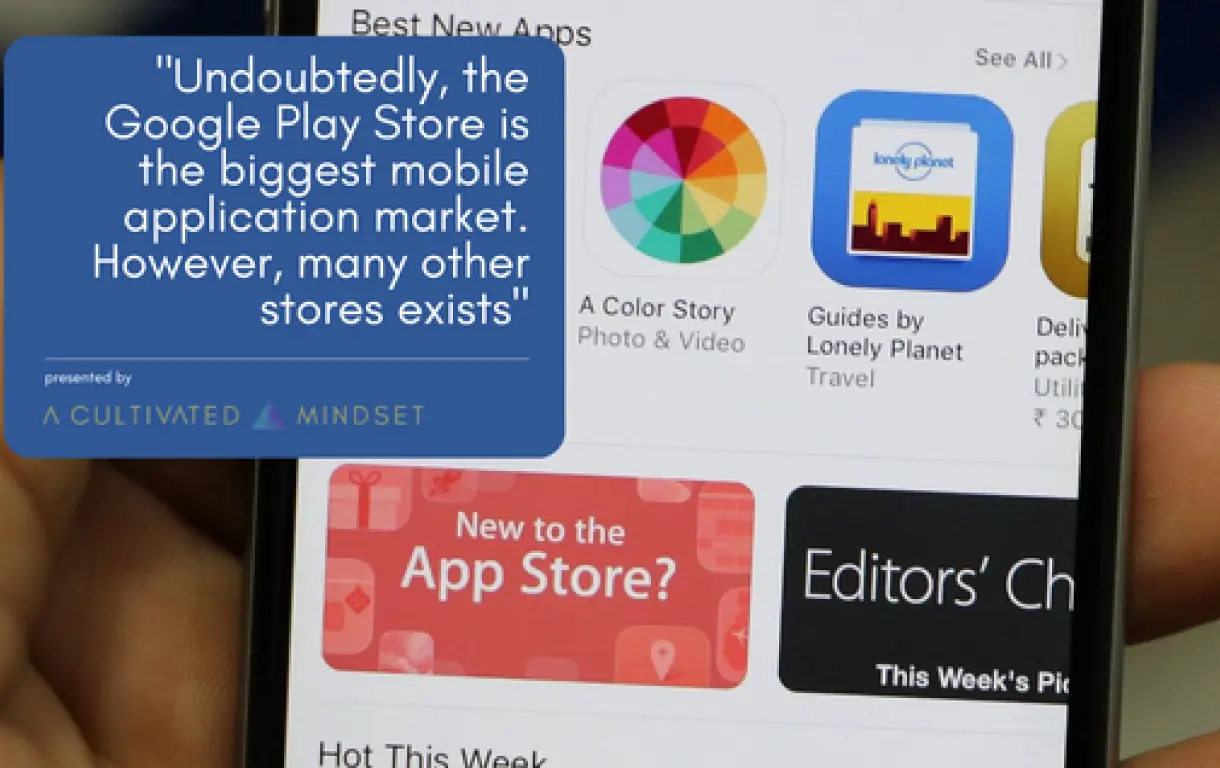What Distinguishes a Startup from a Traditional Business
- 2 MIN READ
- Sep 3, 2019
- BY PATRICK HILL
What does it to take to make or call a startup a successful one? Is it only the financial goals, if met, will be instrumental in making a startup successful or are there any other measures or parameters that should be considered?

If finance is the only thing, then why it is anyway different from a traditional business? Why give it a fancy name and worry about analyzing it?
If finance is not the only thing, then what else could be considered worthy enough to be considered?
On a simple but a bit deeper analysis, we will find few things that distinguish a startup from a traditional business:
- One of the broader definitions of a ‘startup’ includes the impact that it should have on the world rather than simply making money. You check out any founder or co-founder of a successful startup across the world, they will aver that their first ambition was to do something that could change the world.
- The startup works on the motive and objective of keeping their customers happy—the customer always is the priority, while for a traditional business this may not be true.
- For a lot of the entrepreneurs, a successful startup means that they get to spend time with their family members and friends. The ability to have the ‘me-time’ or ‘we-time’ is all they count as currency.
- Freedom of time, freedom of location, financial freedom, and even creative freedom often counts as a success for a lot of entrepreneurs when they plan to build a startup.
Now, if you look at a traditional business unit, you will notice that all the above things may be lacking or ignored for the sake of making money alone. In a traditional business unit, money, profits, financial gains are everything and there hardly any room for innovation and creativity.











